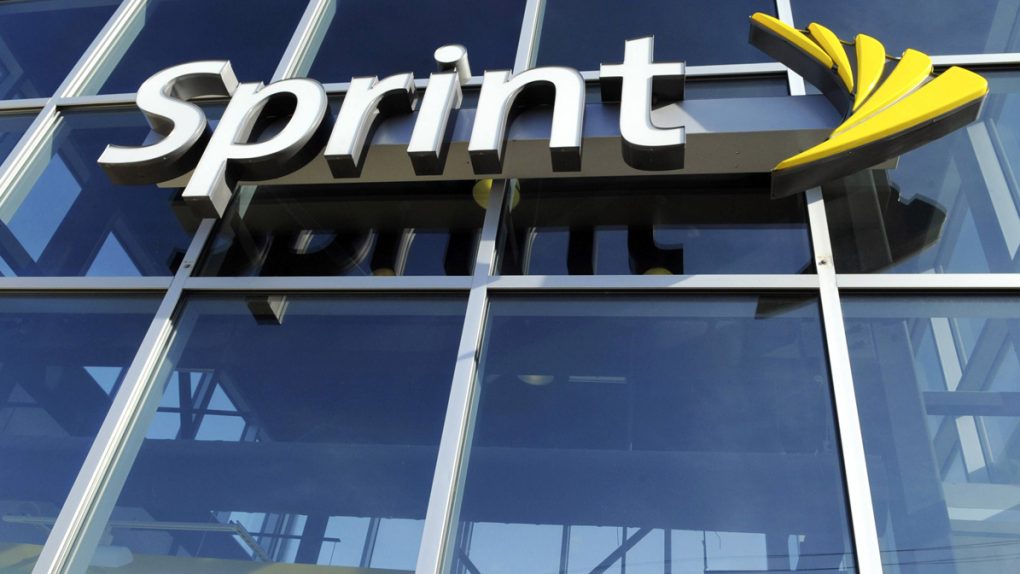Sprint is struggling to find its place in the US wireless industry right now. Its network has been hit by years of under-investment to be worse than competitors, and its Japanese owner is openly inviting (begging) any other company to acquire or merge with the struggling carrier.
But somewhere inside Sprint HQ, optimism lives on. A press release today gave a vague promise that by 2019, Sprint will have some kind of 5G network up and running.
Sprint is the latest and final carrier to hop aboard the vague 5G announcement bandwagon. Despite the fact that the standards of 5G have not yet been finalized, all four carriers have announced some kind of play to implement 5G in the future.
The definition of “5G” varies wildly by carrier: for AT&T, 5G seems to just mean advanced LTE technologies. For T-Mobile, it means deploying 5G technology on existing low-band spectrum, which is only part of what 5G is supposed to look like.
Exactly how 5G will work and what it will look like is still being worked out, but the consensus from experts I’ve spoken to is that it will involve a mixture of low, mid and high-band spectrum, sort of like if current wireless networks and Wi-Fi hotspots all worked together. The idea is that mid and high-band spectrum will handle most of the data transfer in urban areas, while low-band spectrum will cover rural areas and provide consistent, nationwide coverage.
Sprint’s announcement today focuses far more narrowly on the mid-band spectrum. A statement issued by Sprint and its partners said “Qualcomm Technologies, SoftBank and Sprint have jointly agreed to develop technologies for 5G, including the 3GPP New Radio (NR) standard in Band 41 (2.5GHz) for accelerated wide-scale 5G deployments. The companies plan to provide commercial services and devices in late 2019.”
The one silver lining here for Sprint is that its 5G plans mesh very well with T-Mobile’s 5G plans. If Sprint builds out the mid-band spectrum as promised, and T-Mobile follows through on its plan to use low-band 600MHz spectrum, combining the two would make a killer 5G network. Perhaps that’s why Sprint’s parent company Softbank is so keen on a merger of the two.









